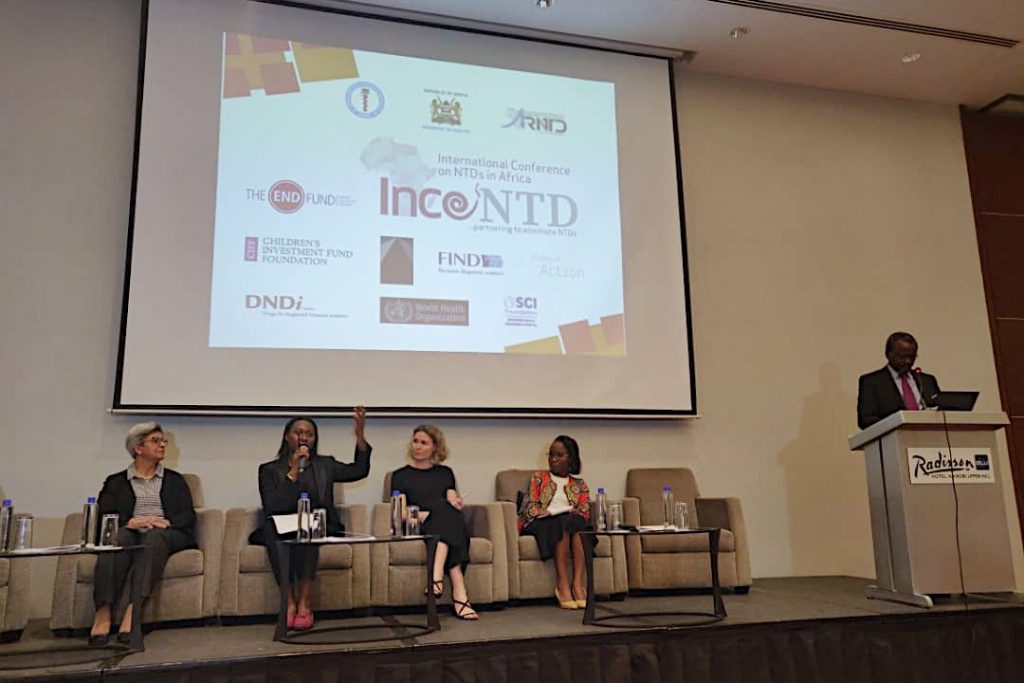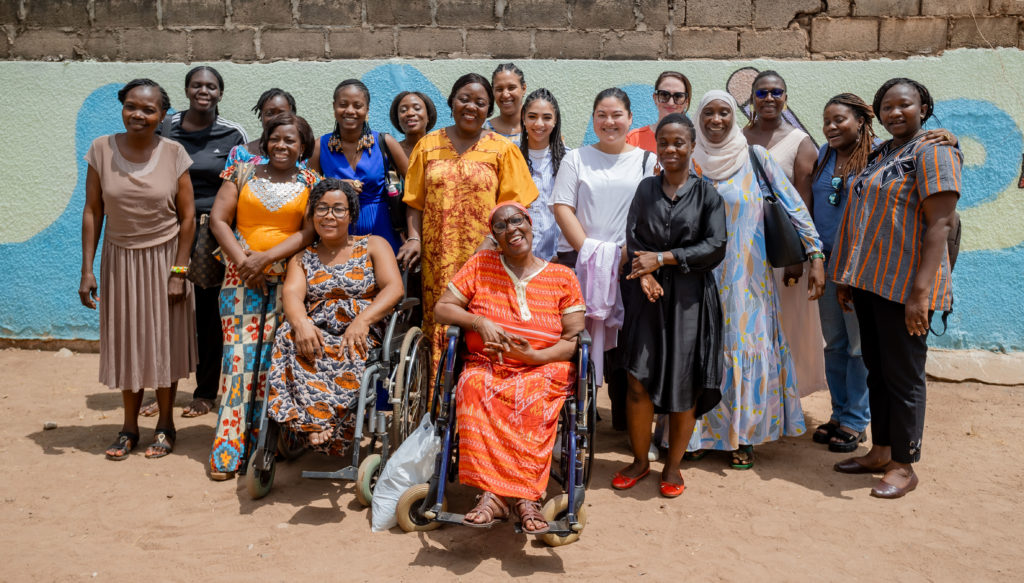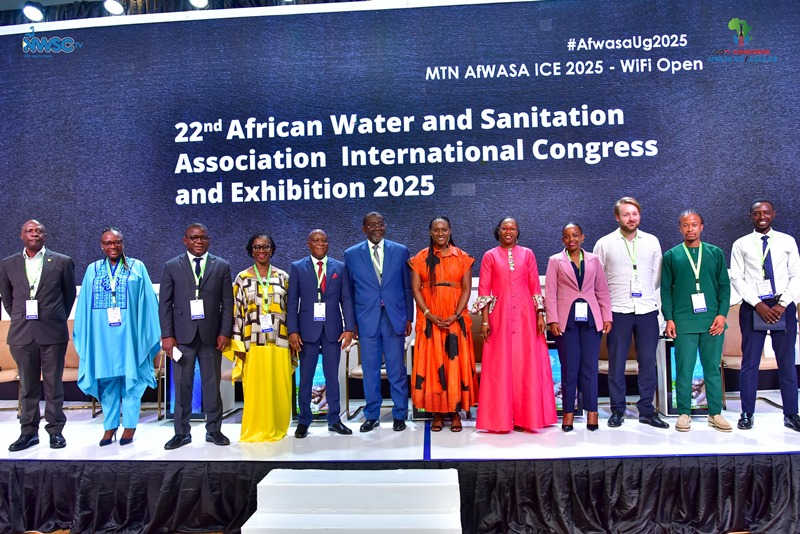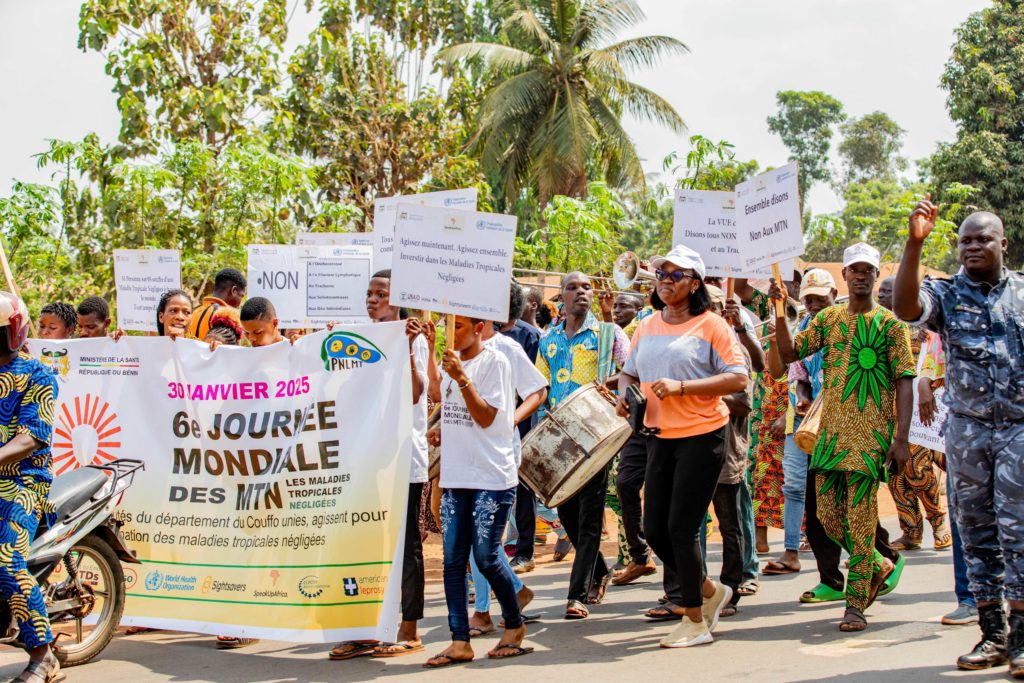Importance of an African-Centred Global Response Against Neglected Tropical Diseases

In the first week of December, the Kenya Ministry of Health and the Kenya Medical Research Institute hosted their inaugural International Conference on Neglected Tropical Diseases (NTDs). Held on the African continent, the conference is a landmark event considering the disproportional effect NTDs have on the population of Africa. The continent accounts for a staggering 39% of global NTDs. All 47 countries in the African Region are endemic for at least one NTD, and 79% of African countries are co-endemic for at least 5 of these diseases.
What are NTDs exactly? NTDs are a diverse group of communicable diseases. These diseases affect more than 1 billion people worldwide, usually in poor populations living in tropical and subtropical climates. They are frequently clustered together geographically and individuals are often afflicted with more than one parasite or infection. Amongst children, infection leads to malnutrition, cognitive impairment, stunted growth, physical deformity and the inability to attend school. For adults, the pain of the disease and deformity often means it is difficult to work and social exclusion.
NTDs are devastating, but there is reason to be optimistic. Most of these diseases can be prevented or even eliminated with improved access to clean water and better housing and sanitation conditions. Control of diseases through simple preventive actions can be brought about by health workers within communities. But what is an absolute, is cooperation across borders.
The conference brought together NTD actors from across the spectrum – researchers, academics, governments, NGOs and local health care participants – under the theme of “Cross-border parentship towards achieving control and elimination of NTDs”. The level of cooperation reflects the nature of NTDS that ‘border insensitive’.
Importantly, the cultural component of this fight must not be forgotten. The societal element of NTDs lies within the name. ‘Neglected’. These diseases are diseases of poverty – affecting the most impoverished and vulnerable of communities – and our task should be societal as well as medical. Borders are not tangible, particularly in cultural settings. Cultural celebrations, trade, people and relationships often cross over borders and without engaging from a cultural perspective, things won’t change.
Dr Mwele Malecela, Director for the Department of Control of Neglected Tropical Diseases and Keynote Speaker at the conference, stressed that the spirit of collaboration defines the NTD community. This became more apparent as the conference progressed. Across speeches, panels, side chats and networking events, it was unanimously recognized that the elimination of NTDs can only be achieved through cooperation.
Speak up Africa’s Deputy Executive Fara Ndiaye presented the No to NTDs movement at the conference. Through this movement, individuals, political leaders and civil society organizations (CSOs) come together to increase awareness, prioritization and national commitment to accelerate the control and elimination of NTDs in Africa. The campaign implementation shows that creative and innovative ways can be found to ensure continentwide support to NTD control and elimination. By approaching different groups – political leaders, health partners, and CSOs, the campaign serves to build a common brand around NTD control and elimination in Africa.
The reality is that without collaboration, we will never achieve our goal and help the 600 million Africans who still require treatment. By leveraging the strengths of NGOs, government stakeholders, private companies, researchers, local communities and healthcare programmes we can deliver impactful and sustainable action in the fight against NTDs. Working together so the word Neglected becomes antiquated.
By Grainne Hutton, NTD Program Officer at Speak Up Africa


